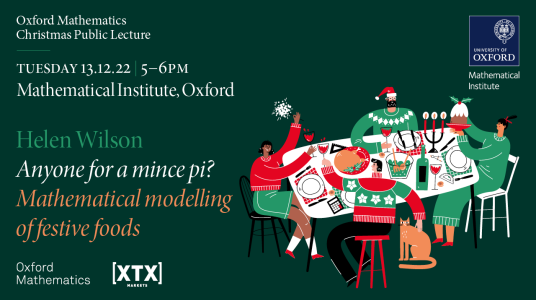trees
16:00
Departmental Colloquium
Title: “Mathematical models of curiosity”
Prof. Bassett is the J. Peter Skirkanich Professor at the University of Pennsylvania, with appointments in the Departments of Bioengineering, Electrical & Systems Engineering, Physics & Astronomy, Neurology, and Psychiatry. They are also an external professor of the Santa Fe Institute. Bassett is most well-known for blending neural and systems engineering to identify fundamental mechanisms of cognition and disease in human brain networks.
Abstract
What is curiosity? Is it an emotion? A behavior? A cognitive process? Curiosity seems to be an abstract concept—like love, perhaps, or justice—far from the realm of those bits of nature that mathematics can possibly address. However, contrary to intuition, it turns out that the leading theories of curiosity are surprisingly amenable to formalization in the mathematics of network science. In this talk, I will unpack some of those theories, and show how they can be formalized in the mathematics of networks. Then, I will describe relevant data from human behavior and linguistic corpora, and ask which theories that data supports. Throughout, I will make a case for the position that individual and collective curiosity are both network building processes, providing a connective counterpoint to the common acquisitional account of curiosity in humans.
17:00
Anyone for a mince pi? Mathematical modelling of festive foods - Helen Wilson
Oxford Mathematics Christmas Public Lecture
In this talk we'll look at a variety of delicious delights through a lens of fluid dynamics and mathematical modelling. From perfect roast potatoes to sweet sauces, mathematics gets everywhere!
Helen Wilson is Head of the Department of Mathematics at UCL. She is best known for her work on the chocolate fountain (which will feature in this lecture) but does do serious mathematical modelling as well.
Please email @email to register. The lecture will be followed by mince pies and drinks for all.
This lecture will be available on our Oxford Mathematics YouTube Channel at 5pm on 20th December.
The Oxford Mathematics Public Lectures are generously supported by XTX Markets.


